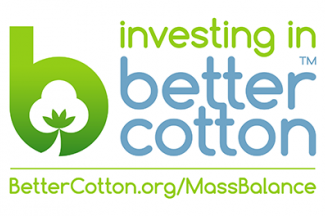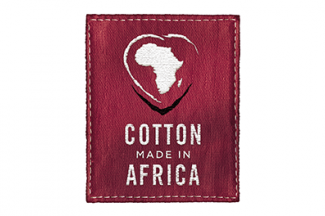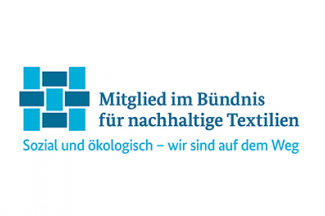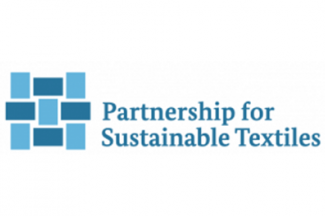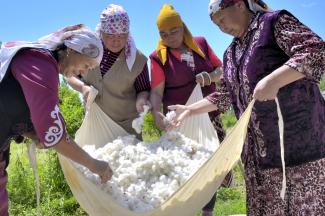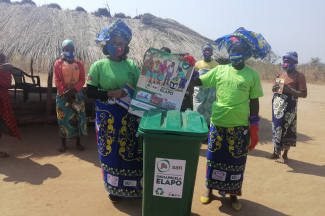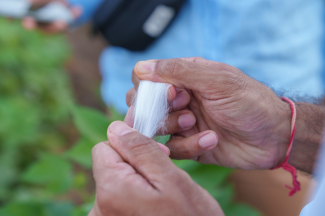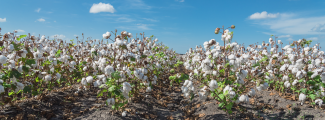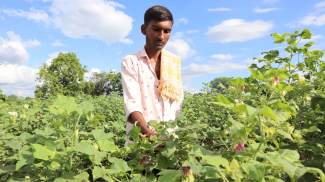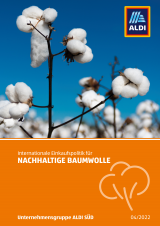
Cotton
Our Approach
Cotton accounts for the majority of all fibres used in the garments and household textiles offered by ALDI. Whilst cotton is a renewable natural resource that is fully biodegradable, it is also linked to human rights and environmental risks in the countries where it is grown. Together with our business partners, we are committed to standards that achieve long-term sustainable improvements in the cultivation of cotton.
By 2025, all our ALDI-exclusive garments and household textiles products will be of either recycled, sourced or certified according to internationally recognised sustainability standards. We also exclude cotton from countries where cultivation and harvesting are systematically associated with human rights violations in any of our products.
Our Actions
Certification
We want to provide our customers the highest quality at the best possible price. To do this, we use systems with proven reliability and suitability for market-wide implementation. The use of independent third-party certification schemes when buying cotton is one example. These schemes promote social and environmental standards in cotton cultivation and processing.
Global Organic Textile Standard (GOTS)
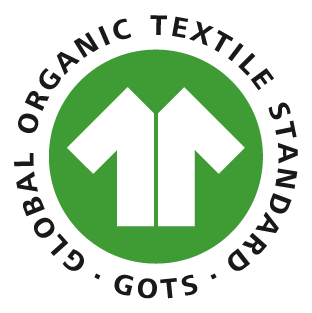 The Global Organic Textile Standard (GOTS) defines globally consistent and rigorous criteria for the processing of textiles made from certified organic natural fibres throughout the entire supply chain. These criteria include the controlled organic cultivation of fibres, environmentally friendly and socially responsible production and consistent labelling of products. Compliance with the guidelines is verified throughout the supply chain with regard to the use of chemical additives and the core labour standards of the International Labour Organisation (ILO). Only textiles products, which contain at least 70% organically cultivated natural fibres may receive GOTS certification. This certification needs to be issued by an independent testing institute. ALDI also accepts GOTS ‘organic - in conversion’ that supports farmers in their transitioning period from conventional cotton to organic cotton farming.
The Global Organic Textile Standard (GOTS) defines globally consistent and rigorous criteria for the processing of textiles made from certified organic natural fibres throughout the entire supply chain. These criteria include the controlled organic cultivation of fibres, environmentally friendly and socially responsible production and consistent labelling of products. Compliance with the guidelines is verified throughout the supply chain with regard to the use of chemical additives and the core labour standards of the International Labour Organisation (ILO). Only textiles products, which contain at least 70% organically cultivated natural fibres may receive GOTS certification. This certification needs to be issued by an independent testing institute. ALDI also accepts GOTS ‘organic - in conversion’ that supports farmers in their transitioning period from conventional cotton to organic cotton farming.
Organic Content Standard (OCS)
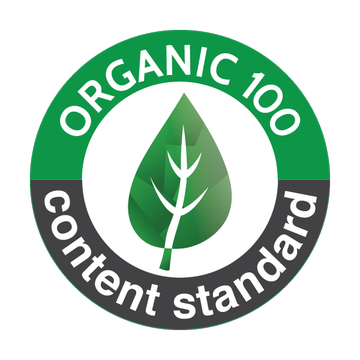
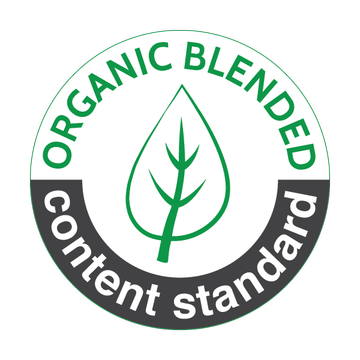 The Organic Content Standard (OCS) enables the exact share of ecologically sound materials contained in a product to be recorded. The OCS tracks the use of certified, organically produced natural fibres, from the creation of the individual fibres to the finished product. Depending on the share of organically produced fibres contained, the certified product displays either the “OCS blended” logo (contains at least 5%) or the “OCS 100” logo (contains 95-100%). ALDI requires cotton in OCS blended labelled products to be of 100% organic origin and only allows blending with non-cotton materials.
The Organic Content Standard (OCS) enables the exact share of ecologically sound materials contained in a product to be recorded. The OCS tracks the use of certified, organically produced natural fibres, from the creation of the individual fibres to the finished product. Depending on the share of organically produced fibres contained, the certified product displays either the “OCS blended” logo (contains at least 5%) or the “OCS 100” logo (contains 95-100%). ALDI requires cotton in OCS blended labelled products to be of 100% organic origin and only allows blending with non-cotton materials.
Cotton made in Africa (CmiA)
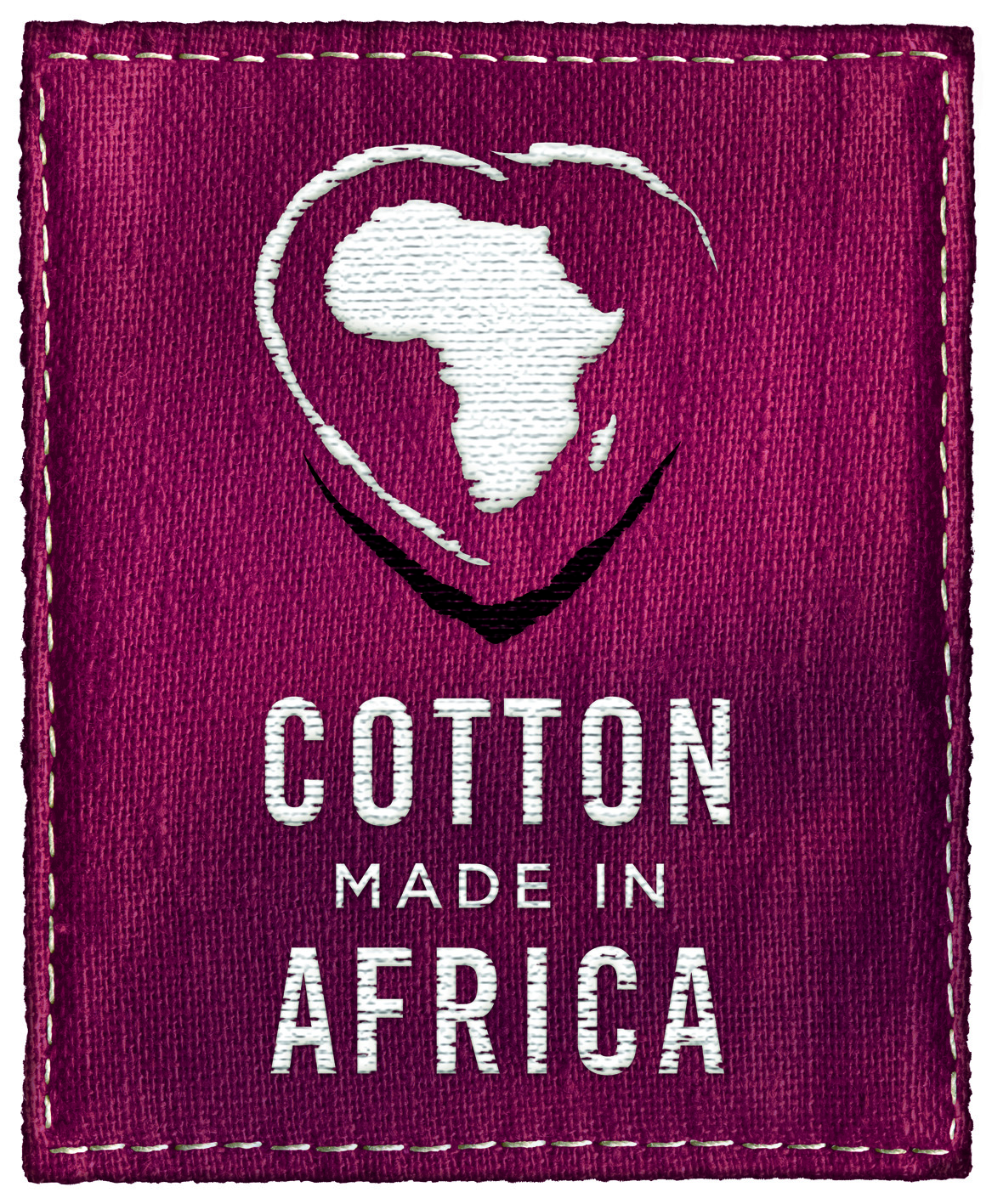 Following the principle of 'helping others to help themselves', Cotton made in Africa provides smallholders with training in modern, efficient, and environmentally friendly cultivation methods. In addition to this, it also imparts basic knowledge of business and economics. Pre-financing measures, the protection of natural conservation areas, and the ban of genetically modified cottonseed are just as much a part of the CmiA standard as compliance with the ILO core labour standards and the promotion of women's equal rights.
Following the principle of 'helping others to help themselves', Cotton made in Africa provides smallholders with training in modern, efficient, and environmentally friendly cultivation methods. In addition to this, it also imparts basic knowledge of business and economics. Pre-financing measures, the protection of natural conservation areas, and the ban of genetically modified cottonseed are just as much a part of the CmiA standard as compliance with the ILO core labour standards and the promotion of women's equal rights.
Better Cotton
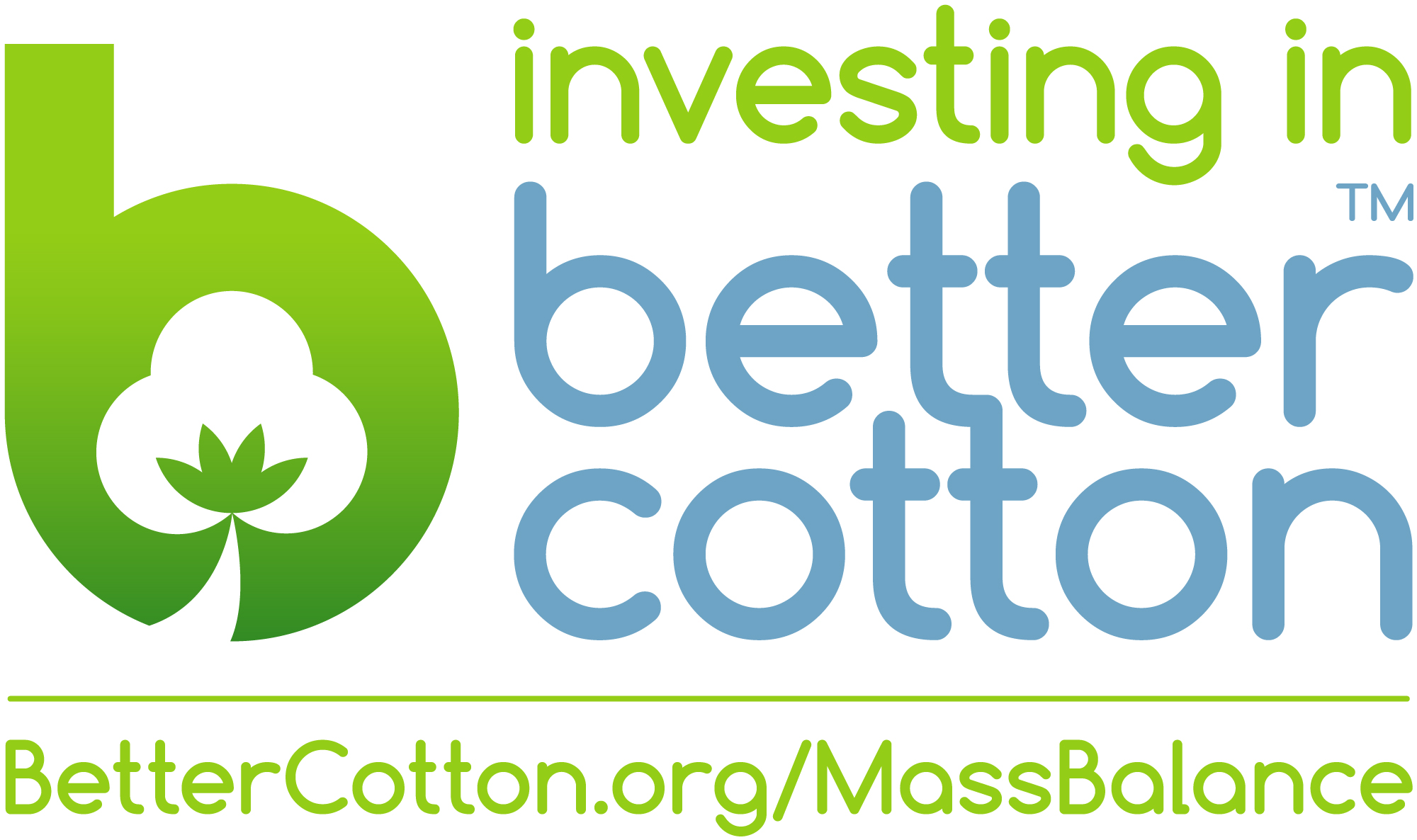 Since 2017, ALDI partners with Better Cotton to improve cotton farming globally. Better Cotton seeks to reduce the negative impacts of cotton production on people and the planet. The basic principles of Better Cotton include training farmers on the elimination of harmful pesticides and the efficient use of water, the preservation of soil fertility, as well as the compliance with minimum social criteria and the prohibition of child and forced/bonded labour. Better Cotton is sourced via a system of mass balance.
Since 2017, ALDI partners with Better Cotton to improve cotton farming globally. Better Cotton seeks to reduce the negative impacts of cotton production on people and the planet. The basic principles of Better Cotton include training farmers on the elimination of harmful pesticides and the efficient use of water, the preservation of soil fertility, as well as the compliance with minimum social criteria and the prohibition of child and forced/bonded labour. Better Cotton is sourced via a system of mass balance.
To enhance the transparency of our supply chain, ALDI uses Better Cotton’s online tracking and tracing system, called Better Cotton Platform (BCP). ALDI verifies the amount of cotton sourced as Better Cotton using this platform, which covers the supply chain from the ginner all the way to ALDI.
Fairtrade
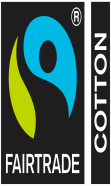 Fairtrade gives the cotton growers the security to sell their cotton at a fixed minimum price, which covers the costs associated with sustainable production. In addition, smallholder cooperatives receive a Fairtrade premium, which is then invested in community projects. The Fairtrade standards not only cover social and economic criteria: in terms of ecologically sustainable agriculture, Fairtrade also promotes environmentally friendly cultivation practices, while prohibiting genetic engineering and regulating the use of pesticides.
Fairtrade gives the cotton growers the security to sell their cotton at a fixed minimum price, which covers the costs associated with sustainable production. In addition, smallholder cooperatives receive a Fairtrade premium, which is then invested in community projects. The Fairtrade standards not only cover social and economic criteria: in terms of ecologically sustainable agriculture, Fairtrade also promotes environmentally friendly cultivation practices, while prohibiting genetic engineering and regulating the use of pesticides.
Textiles
It is important to us that garment and household textiles, which are a regular component of our weekly special buys, are produced in an environmentally and socially sound way. Our goal for the future is to further expand our range of sustainable textiles and create even greater transparency in ALDI’s supply chain.
Most of our textile products are manufactured in production facilities in Asia. Our Corporate Responsibility (CR) team works closely with our textile business partners to support them in the implementation of our CR standards. Additionally, our colleagues based in Hong Kong and Bangladesh are frequently in the production facilities to assess the conditions on the ground. While we strive to improve working conditions in our production facilities, we also look at other stages of our supply chain, from cotton production over spinning to dyeing and finishing of garments.
Launched in 2013, the ALDI Factory Advancement (AFA) Project delivers change in factories that produce our garments in Bangladesh. Its core principle is the promotion of dialogue and cooperation between workers and managers. To date, approximately 85,000 workers and their managers have experienced positive changes in their day-to-day working environment.
Stakeholder Dialogue & Capacity Building
We believe the best way to protect the people and the environment is through joint initiatives and partnerships. For this reason, we engage in various multi-stakeholder initiatives and projects on the ground.
Our CR Performance
Our Goal: We will use 100% sustainable cotton for our own brand garments and household textiles by 2025.
Sustainable Development Goals
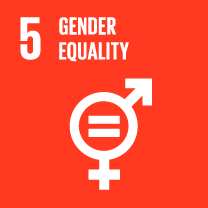
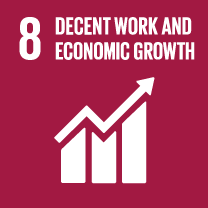
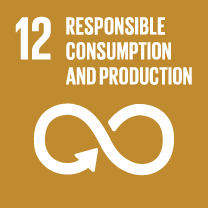
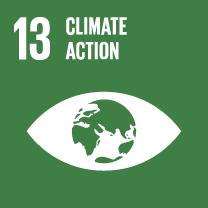
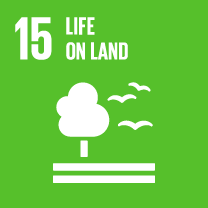
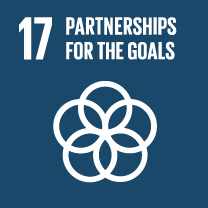
UNGC
Human Rights
Principle 1
Support and respect the protection of human rights
Principle 2
Not complicit in human rights abuses
Labour
Principle 3
Uphold freedom of association and recognition of right to collective bargaining
Principle 4
Elimination of forced and compulsory labour
Principle 5
Abolition of child labour
Principle 6
Elimination of discrimination in respect of employment and occupation
Environment
Principle 7
Precautionary approach to environmental challenges
Principle 8
Promote environmental responsibility
Principle 9
Development and diffusion of environmentally friendly technologies
